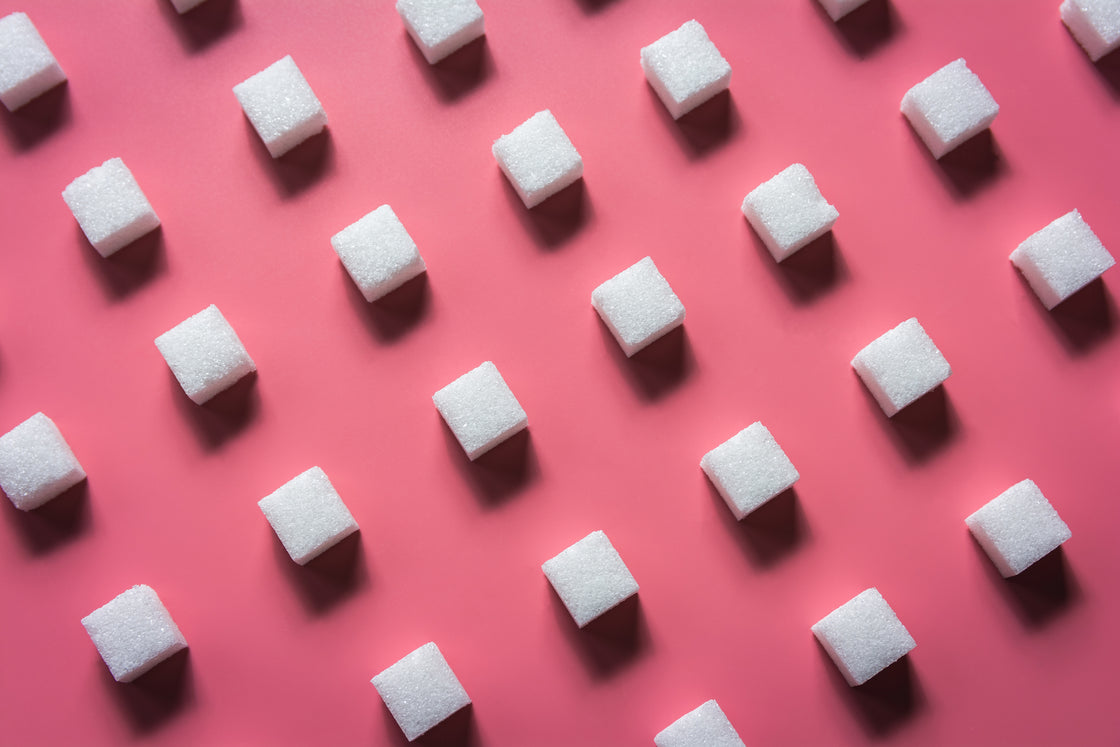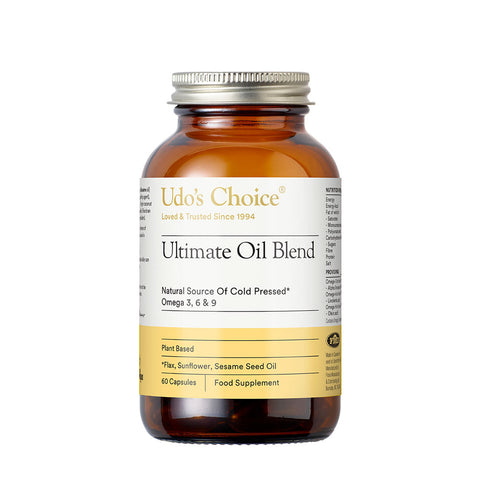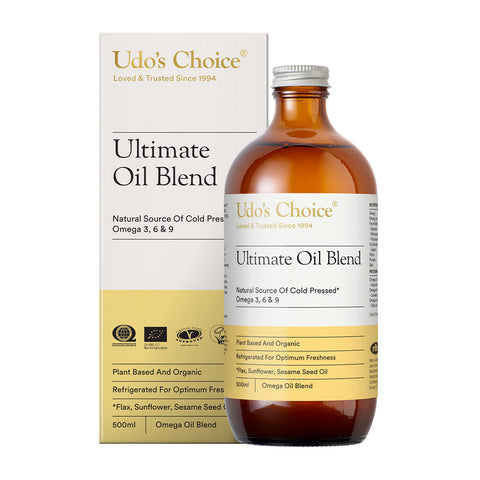Too much fat makes you fat, right?
Dietary fat has long been labeled as the cause of weight gain; our supermarket shelves groan with low-fat products. But while a diet high in saturated fat certainly spells bad news for your heart and cardiovascular and should be avoided, it isn’t the main culprit when it comes to gaining extra pounds. You guessed it – sugar is the villain.
The truth of the matter is that we need nutrients, including certain kinds of fats, to thrive and burn fat. Restricting nutrients slows down the metabolism. Without essential nutrients the glands and organs of the body, which are the main players in weight loss, are depleted of energy.
"You may think being a little heavy around your middle isn’t such a bad thing, but unfortunately recent research shows excess fat in this area - rather than on your thighs or bottom - increases your risk of diabetes, heart disease, stroke and high blood pressure to name but a few."
These essential fatty acids help you stay fuller for longer, reduce cravings and help the body to switch on the fat burning mechanism. The body uses these natural fats to generate energy, stimulate immune function and reduce inflammation. This is important as inflammation is increasingly being linked to obesity.
You might also experience inflammation as troublesome tummy problems, aches and pains and dodgy skin. The theory has it that inflammation causes the metabolism to slow, makes the cells resistant to insulin and resistant to the hormone leptin (the hormone that makes us feel full).
You may think being a little heavy around your middle isn’t such a bad thing, but unfortunately recent research shows excess fat in this area - rather than on your thighs or bottom - increases your risk of diabetes, heart disease, stroke and high blood pressure to name but a few.
Scientists have found this visceral fat is more biologically active than other fat cells in the body, meaning it produces more hormones and other biochemicals that can have a profound effect on your health. For example, it produces immune system chemicals called cytokines, which have been shown to increase your risk of cardiovascular disease by promoting insulin resistance and low-level inflammation.
So, rather than following the now outdated no-fat mantra, many nutrition experts are trying to hammer home the importance of including essential fats in the diet.
Udo's Choice Ultimate Oil Blend is rich in flaxseed, also called linseed oil, which is an excellent plant source of the omega-3 essential fatty acid alpha linolenic acid, so a good choice for those who don't eat oily fish. Studies suggest that this type of fat can actually increase fat burning in the body.
Last but not least, the Udo’s Choice bottle isn’t just brown for decorative or design purposes. Dark glass bottles better preserve the taste and aroma of oils and the cold-pressing method using low temperatures means the composition and nutritional value of the oil isn't changed during processing.





